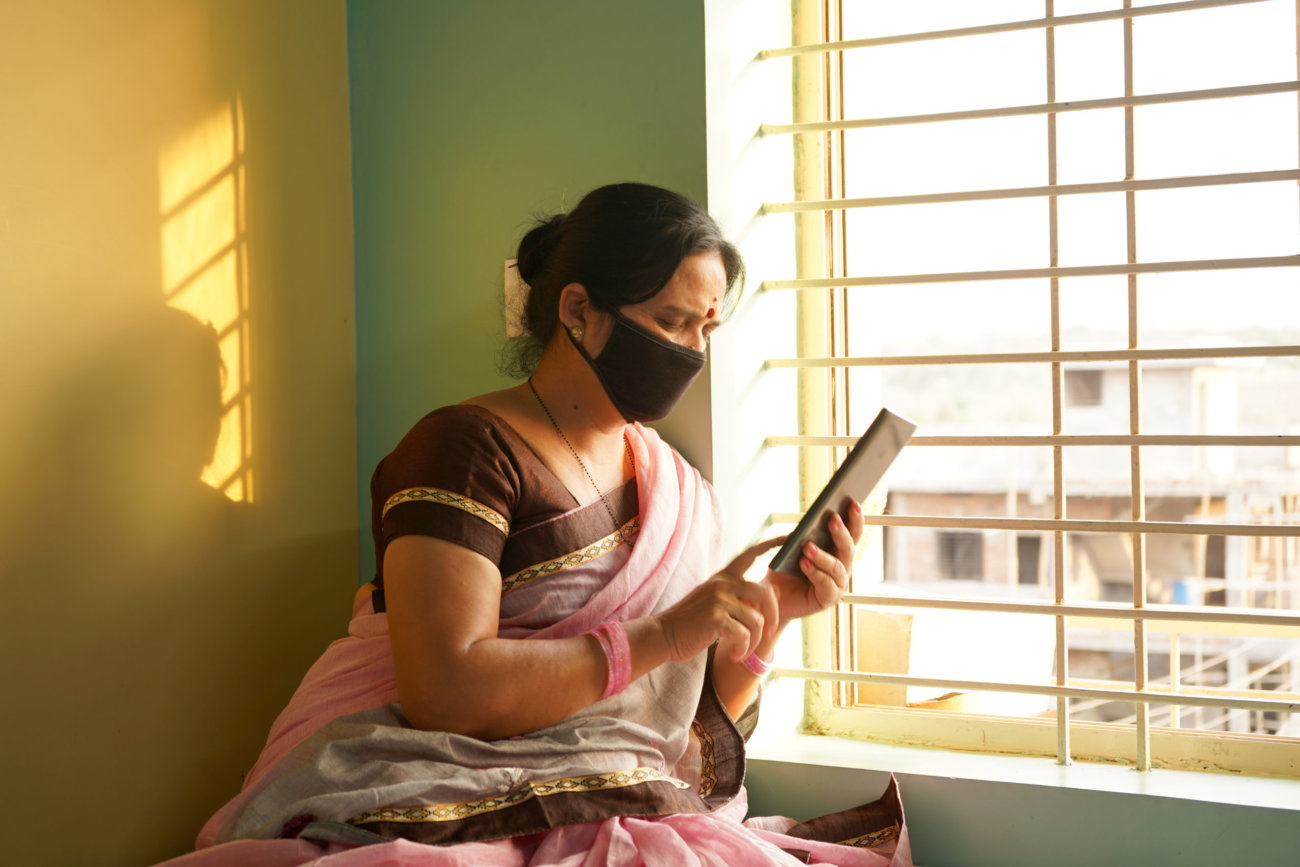

 Pillar 2
Pillar 2
Risk communication, community engagement and infodemic management
For WHOF, community empowerment around health, trust in health information, services, tools and personnel is a long-term objective. Communities must be empowered to find the solutions that will protect them over time. They must be involved in promoting and maintaining healthy behaviors and adhering to public health and social measures that are vital to preventing the spread of COVID-19.
As vaccines and other biomedical tools become available, but are not yet accessible to all, community engagement and building trust by tackling the infodemic (the rumours or fake information that can spread) becomes even more critical. Maintaining vigilance against the threat of virus will also be critical to suppressing transmission, protecting the vulnerable, and reducing mortality from all causes.
Providing individuals and communities with reliable health information online and offline remains a key priority for successful implementation of the response. The Collective Service was launched by WHO, UNICEF, the IFRC and others to address this issue. Part of the COVID-19 Global Risk Communication and Community Engagement Strategy, the Collective Service gives countries the tools to communicate regularly and credibly with all communities. WHO is also working with partners including UNICEF and IFRC to establish a collaborative research platform that will continue to build the evidence required to inform infodemic policy both during and between health emergencies such as COVID-19.

